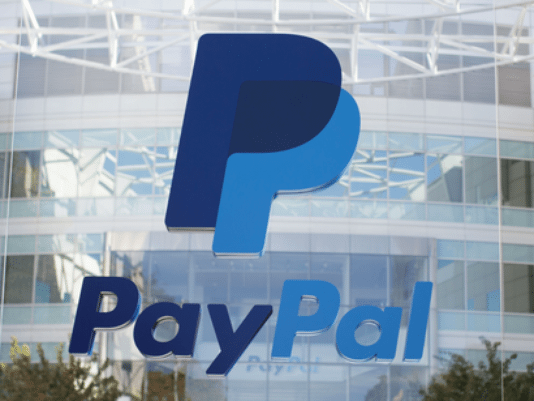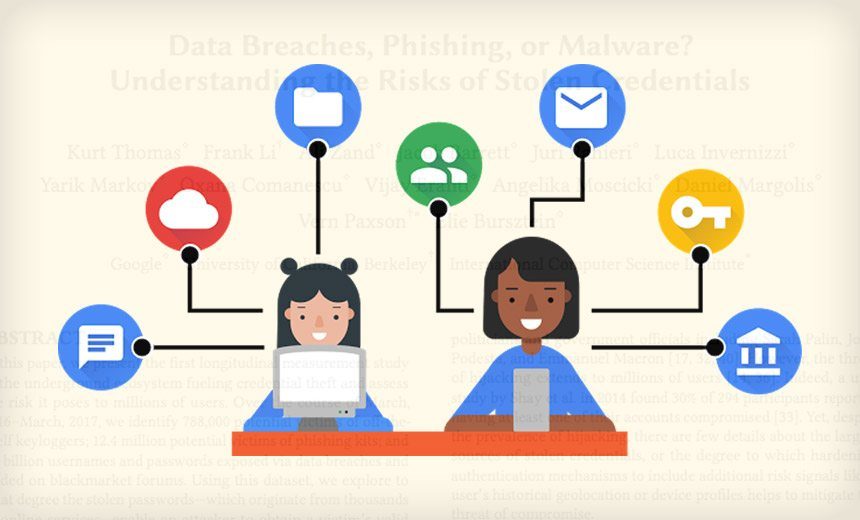
Cryptocurrency mining marketplace, NiceHash, reported on Wednesday a security breach, resulting in 4,700 BTC being stolen (which equates to $64 million). The Slovenian crypto company highlighted that the cyber attack was a result of uneven oversight and faulty security procedures surrounding their payment system.
The latest hack on the cryptocurrency platform comes at a time when not only has bitcoin skyrocketed past $15,000 in market value, but many financial institutions, like #CBOE, are looking into launching Bitcoin futures in order to cash in on this digital currency boom. According to Reuters, there’s been at least 3 dozen cyber attacks surrounding #cryptocurrency platforms since 2011, most notably Mt. Gox, in 2014.
These attacks further reiterate the vulnerabilities surrounding lack proper security measures and investor protections of these platforms, which #hackers target in order to compromise systems.
Evolve MGA‘s cyber policy, EVO 3.0, covers policyholders in the event their cloud data is hacked, lost, or stolen. Contact us to learn more about buying a policy before an event happens to your business.
Click here, to read more about this most recent cryptocurrency cyber crime.
#HackerInsurance #NiceHash #Reuters #EvolveMGA #insurance #cyberinsurance #insuranceagent #bitcoin









